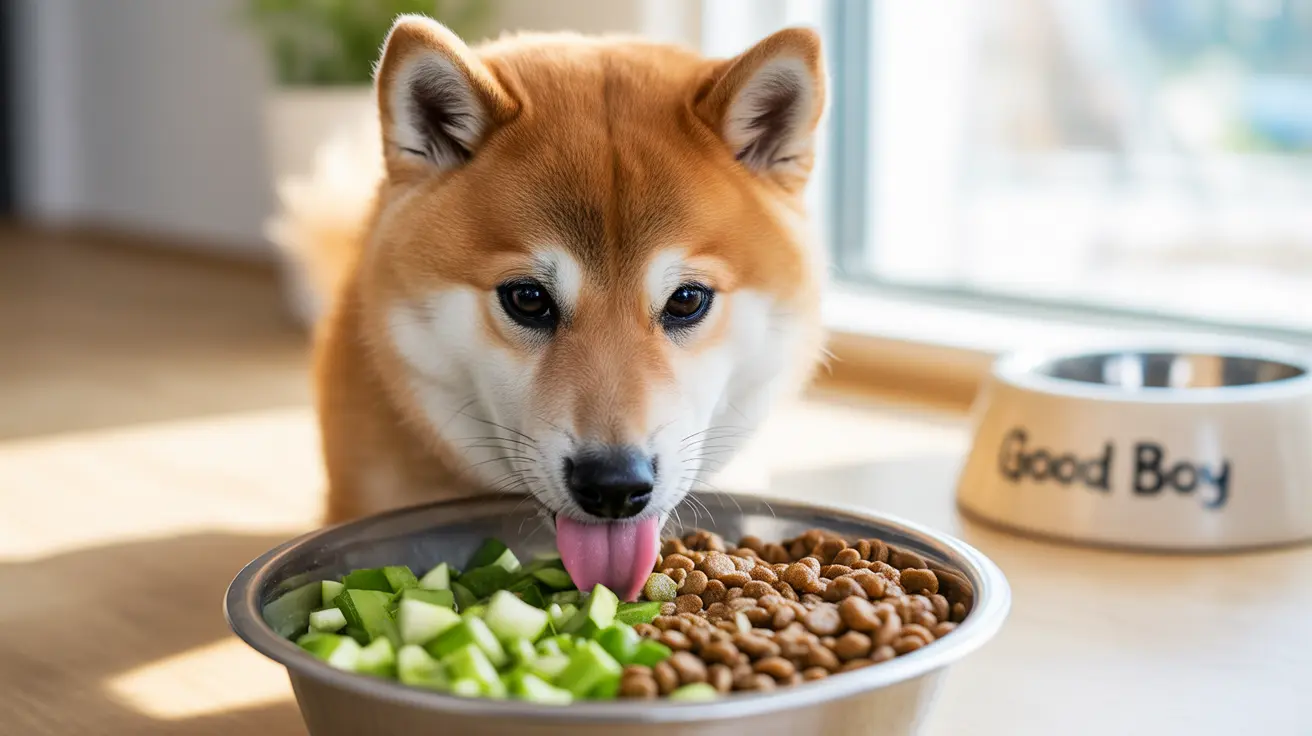Understanding Your Nursing Dog's Nutritional Needs
During lactation, a nursing dog's caloric requirements can increase up to four times her normal intake, particularly during peak milk production between weeks 3-5. This dramatic increase demands careful attention to both the quantity and quality of food provided.
Essential Nutrients for Milk Production
High-quality protein, healthy fats, and specific vitamins and minerals form the cornerstone of a nursing dog's diet. Aim for foods containing:
- Premium animal proteins (at least 25-30% of diet)
- Healthy fats (minimum 17% of diet)
- Calcium and phosphorus in proper ratios
- Essential vitamins A, D, E, and B-complex
- Omega-3 fatty acids, especially DHA
Best Foods for Nursing Dogs
The foundation of a nursing dog's diet should include:
Commercial Puppy Food
High-quality puppy food is often the best choice for nursing dogs, as it contains concentrated nutrients specifically balanced for growth and development. Look for brands listing real meat as the first ingredient.
Protein-Rich Fresh Foods
Supplement commercial food with nutrient-dense fresh options such as:
- Lean cooked chicken or turkey
- Boiled eggs
- Fresh lean beef
- Cooked fish (salmon, sardines)
Feeding Schedule and Portions
Free-choice feeding is often recommended for nursing dogs, allowing them to eat according to their energy needs. If portion-feeding, divide daily amounts into 3-4 meals, increasing portions by approximately 25% per puppy in the litter.
Hydration: A Critical Component
Water intake is crucial for milk production. Ensure your nursing dog has:
- Multiple clean water bowls accessible at all times
- Fresh water changed frequently throughout the day
- Wet food options to increase moisture intake
- Ice chips or frozen treats for additional hydration
Signs of Adequate Nutrition
Monitor these indicators to ensure your feeding program is working:
- Steady puppy weight gain
- Mother maintaining healthy body condition
- Adequate milk production
- Normal energy levels
- Healthy coat condition
Frequently Asked Questions
What is the best diet to feed a nursing dog to increase her milk production?
The best diet combines high-quality puppy food with protein-rich fresh foods. Look for foods with at least 25-30% protein content and 17% fat. Commercial puppy food provides a balanced foundation, while fresh additions like lean meats and eggs offer extra nutrition.
How much should I increase my nursing dog's food intake to support lactation?
Increase food intake by 25% per puppy over the mother's normal maintenance needs. For example, a dog with six puppies may need 2.5-3 times her regular portion. Monitor body condition and adjust accordingly.
Which foods and nutrients are essential for a nursing dog's milk quality and puppy health?
Essential nutrients include high-quality proteins, healthy fats, calcium, phosphorus, and DHA. Focus on premium commercial puppy food, lean meats, eggs, and fish oil supplements when recommended by your veterinarian.
How can I ensure my nursing dog stays properly hydrated to maintain milk supply?
Provide multiple water stations with fresh, clean water available 24/7. Consider adding wet food to her diet and offering ice chips or frozen treats. Monitor water bowls and refill frequently throughout the day.
Are there any foods or supplements I should avoid giving my nursing dog to protect her health?
Avoid toxic foods like chocolate, grapes, onions, and garlic. Don't give supplements without veterinary approval, as over-supplementation (especially calcium) can be dangerous. Stick to proven, safe food options and consult your vet before making major dietary changes.






